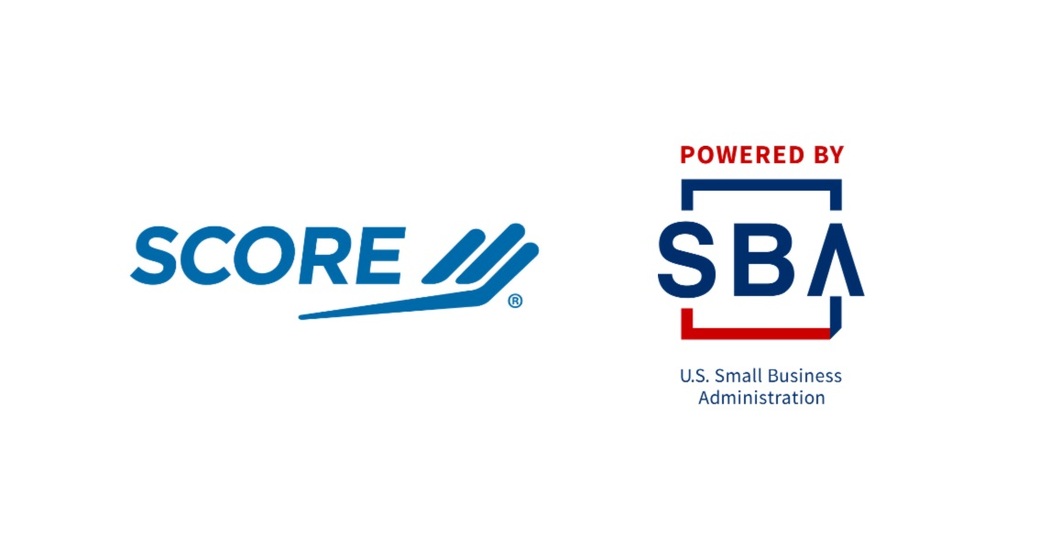NATION – Starting a small business is exciting, but first-timers may feel unprepared for the experience. Entrepreneurs who find themselves suddenly needing to write a business plan or set short-term and long-term business goals may have no one in their lives with the right experience to help.
That’s where the Service Corps of Retired Executives (SCORE) comes in. This national non-profit helps small businesses succeed by connecting experienced business people with entrepreneurs. All of the advice comes from volunteer SCORE-certified mentors who have done it all before.
SCORE is one of several resources offered by the U.S. Small Business Administration (SBA), a government agency that supports and promotes small businesses. It provides free or low-cost business advice to American entrepreneurs through workshops and mentoring. Entrepreneurs can attend local workshops or take online courses and webinars on topics like setting business goals, online marketing, tax compliance, and more.
They can also get connected with a mentor, a volunteer from their area who’s successfully launched one or more businesses. SCORE connects entrepreneurs with these business mentors according to where they live and what kind of expertise they need – and SCORE mentor reviews are available in several places online. Consultations with your mentor are free and confidential. SCORE volunteer mentor Brennon Wilson of Canton, Ohio, says this is important to business people who worry about having their ideas stolen.
“We have signed papers to say that we’re not going to break that confidentiality,” he notes. “We want clients to be transparent because, if they’re not, we can’t really get a full understanding of how best to help them.” Wilson, who has launched several businesses and mentored about a dozen entrepreneurs, sees huge value in having a mentor’s guidance. “There’s less likelihood of failure because somebody’s going to go, ‘Hey, I’ve been there. You don’t want to do that,'” he says. “‘Go over here and do this.'”
That experience, he says, is a major benefit of having a mentor. Being able to draw on the advice of someone who’s walked the same path gives entrepreneurs a better chance of success. It also provides the perspective of someone who’s on the entrepreneur’s side – Wilson describes mentors as friends – but is likely to be more clear-eyed because they’re not emotionally invested in the enterprise. These advantages may be why 92% of small businesses surveyed by financial services company Kabbage said mentors had a direct impact on their profitability and growth in their early years.
To get the most out of a mentoring relationship, Wilson suggests being prepared. That means sitting down before a meeting and thinking about what questions to ask, and what information your mentor will need to answer them. One important area where a mentor can be helpful is setting business goals and objectives. Colleges don’t typically teach people how to write business goals – but such planning is vital to success in any business and is likely to be required by funders, including both conventional banks and venture capitalists.
A mentor can provide business plan examples and guide entrepreneurs toward strategic business goals that detail both their vision and the practical steps to realize it. “I mean a current, up-to-date, new, fresh business plan that you’re going to really put time and effort into,” Wilson says. “That thing is going to be your road map to success.” According to the SBA, a business plan should:
• Describe your company
• Explain what role it will play in the marketplace
• Layout the structure and leadership of the business
• Show how you plan to reach customers
• Detail how much funding you need
• Outline your financial goals for your business
• Business plan templates are available from the SBA and many other sources.
SCORE mentors won’t write a business plan for their mentees, Wilson says – but their experience can help mentees write their own. “A mentor is going to be able to say ‘This is what you want to look at, here are some things to consider, here’s what we’ve seen in the past,'” he says.
SCORE is a valuable resource for someone new to creating a small business. From setting short-term goals and securing funding to marketing and networking, mentors have done it all before – and they’re volunteers because they want to share that experience. SCORE provides a way to take advantage of that experience at little or no cost, so it’s no wonder that SCORE has had a hand in launching tens of thousands businesses nationwide. “Starting a business is a very lonely road to walk,” Wilson says, “So, don’t cripple yourself by walking it alone.”
– SCORE


























